THCA has serval benefits, and one of them is Sleep, so before knowing THCA Benefits for Sleep, let’s know what THCA do? THCA is non-psychotropic and hence appeals to those seeking sleep enhancement without the drowsy effect. It has been shown that THCA targets the endocannabinoid system, which is known to influence sleeping patterns.
Some less advanced studies suggest that THCA may alleviate sleep disorders. For instance, pain medications such as THCA can address the source of pain, thereby encouraging sleep without the interference of pain, which is often associated with sleeping difficulties.
Its neuroprotective and anti-anxiety calming effects could be beneficial in easing stress and anxiety, which are major causes of sleep disorders and interruptions. Moreover, THCA has the potential to promote sleep as it works as a muscle relaxant for tense and restless individuals at night.
However, while THC can reduce sleep architecture in some individuals by cutting down on the REM stage of sleep, THCA is less overt and hence more advisable for long-term use when aiming to improve sleep patterns.
What happens when you sleep high?
The use of any psychoactive substances especially derivatives of cannabis or alcohol alters very much the sleeping pattern, and sleeping quality. Here is what it does:
- Faster Sleep Onset: Cannabis is associated with rapid sleep onset, allowing individuals to recover lost sleep more quickly due to its relaxation and calming effects.
- Changed Stages of Sleep: Most psychoactive drugs disrupt natural sleep cycles. For instance, marijuana inhibits REM sleep, the dreaming stage where the brain processes and compresses information. Alcohol, as a depressant, initially causes shallow sleep without necessarily leading to deep sleep throughout the night.
- Hypnic Decrement: The initial sleep period after intoxication (referred to as IAS) typically lasts only a few hours, often leaving individuals struggling to achieve further restful sleep.
- Cessation Trouble: Dependence on pharmaceutical sleep aids can lead to difficulty sleeping without medication, resulting in prolonged periods of poor-quality sleep and increased reliance on interventions.
Is THCA Benefits for Sleep? or is it dangerous?
Cannabis consumption is generally harmless if taken in moderate doses. However, the following factors should be considered:
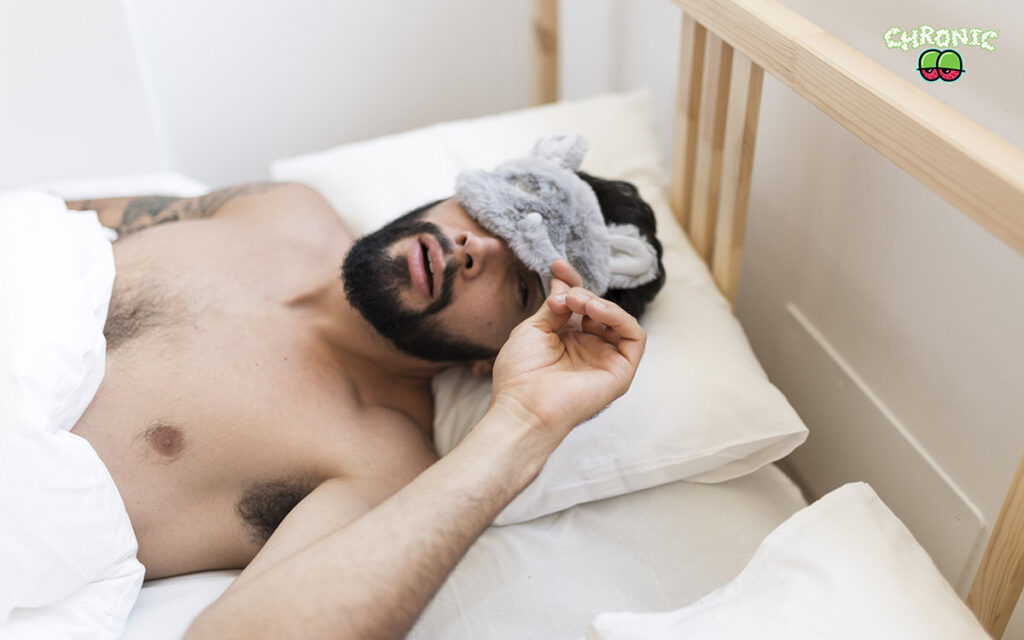
- Effect on Sleep Quality Attained : Cannabis containing high levels of THC suppresses REM sleep, which is essential for dreaming and memory consolidation. Frequent disruptions to the sleep cycle can degrade overall sleep quality.
- Drug Dependence and Habituation Effects: Chronic use can lead to tolerance, and withdrawal symptoms such as insomnia and distressing dreams can disturb sleep.
- Variability by Strain: Indica strains are more sedative and sleep-inducing, while Sativa strains are energizing and may cause agitation.
- Interrelationships: Intoxication may impair one’s ability to respond to emergencies, such as fires or infant care.
- Pre-existing Illnesses or Conditions: Conditions like sleep apnea can be aggravated, increasing risks. Controlled use in safe environments minimizes threats to healthy individuals.
Can you sleep high and wake up high?
Sleep, wake up and still feeling ‘high’ is possible but can be influenced by a number of factors which include the drug substance, its potency and one’s capacity to process the substance.
Cannabis edible for instance, is likely to affect people for a longer duration than the normal inhaled forms, because ingested cannabis is processed in the liver whereby a psychoactive compound called THC is transformed into a second molecule which is far more active than the first and which tends to cause effects that last well over a day.
This is opposed to smoked marijuana whose effect dies down relatively quickly. Moreover, the timing aspect is crucial in forecasting the probability of waking up feeling too high. For instance when one ingests marijuana especially edible types of marijuana towards the sleep time there is a high possibility that its effects shall also be felt the next morning.
Environmental and internal characteristics such as metabolic rate, tolerance levels and well-being are significant as well. An individual with a reduced metabolic rate or a tolerance rate in this case, is more predisposed to suffering the consequences that follow.
There are individuals who attempt to overcome the effects of cannabis by sleeping to which indeed beneficial effects may be noted; that they are able to relax or deal with insomnia that may be bothering them. Notably, this interference might also influence them regarding the qualitative aspects of a specific sleep cycle.
Consider Reading: Can THCA Pre Rolls get you high?
Other research studies demonstrate that THC also reduces the duration of time spent in the REM state of sleep, which subsequently impairs dreaming and the ability to remember dreams, and, at the latter’s extreme, affects the subject’s remembering capacity in the future.
Strategies whereby a person wakes up still stoned make that person feel sluggish and decrease his or her power of judgment thus, it is a nuisance. Waking up still high and its negative effects on life are brought under control through dose adjustment and its timing.
To have such consistent homelessness in the morning, refrain from ubuntu at late hours and the preferred method of intake in this case would be smoking and using vaporizers over cakes.
Will THCA make me sleepy?
THCA on its own is unlikely to cause sleepiness. However, the presence of other terpenes or its conversion to THC may enhance its effects. Individual responses vary, so it is advisable to begin with minimal dosages and observe your body’s reaction.
Some studies suggest THCA’s potential as an anti-inflammatory, neuroprotective, or anti-emetic agent. Although it does not directly induce sleep, its calming properties may help ease or relax individuals, potentially supporting better sleep.
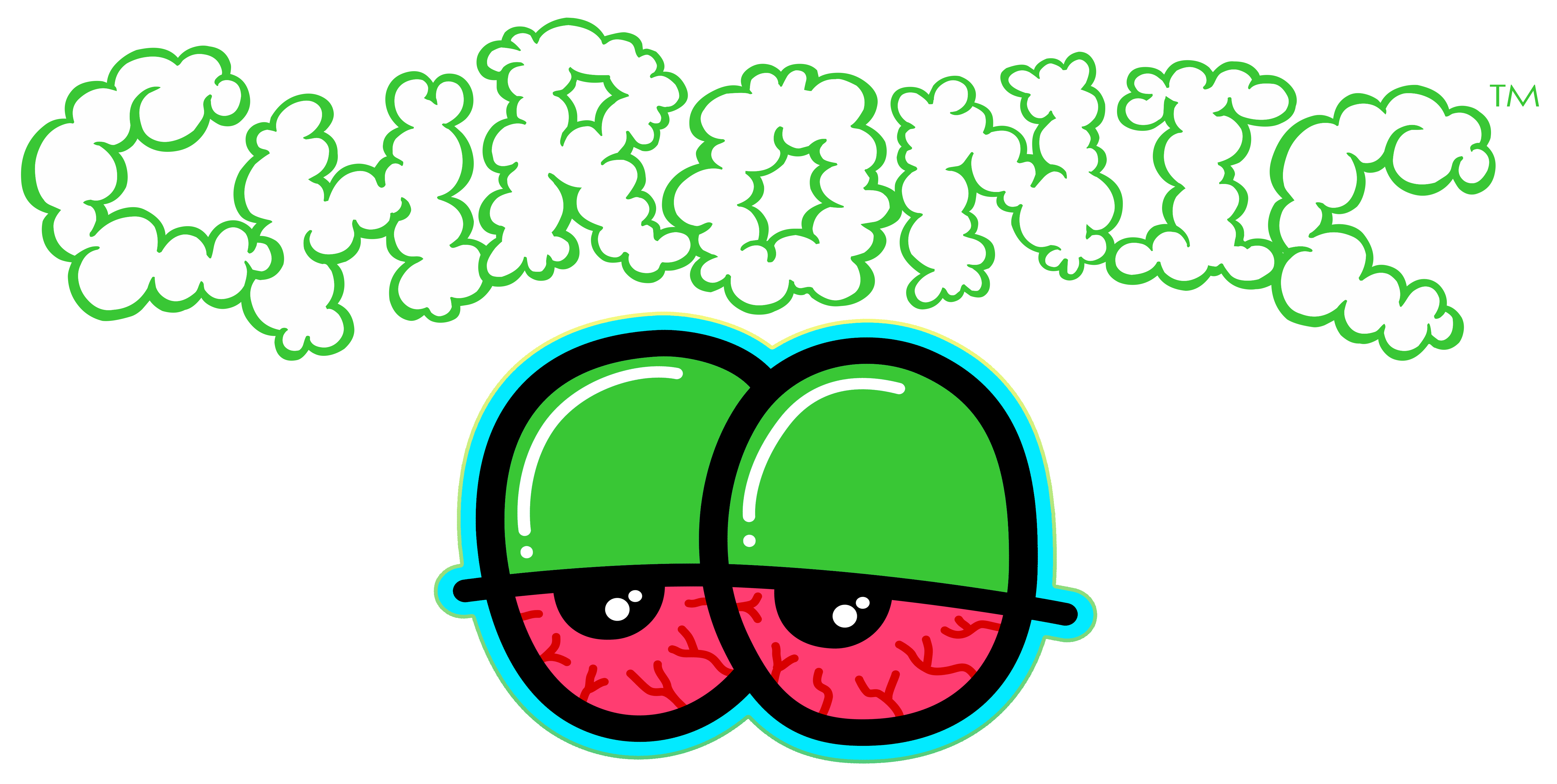
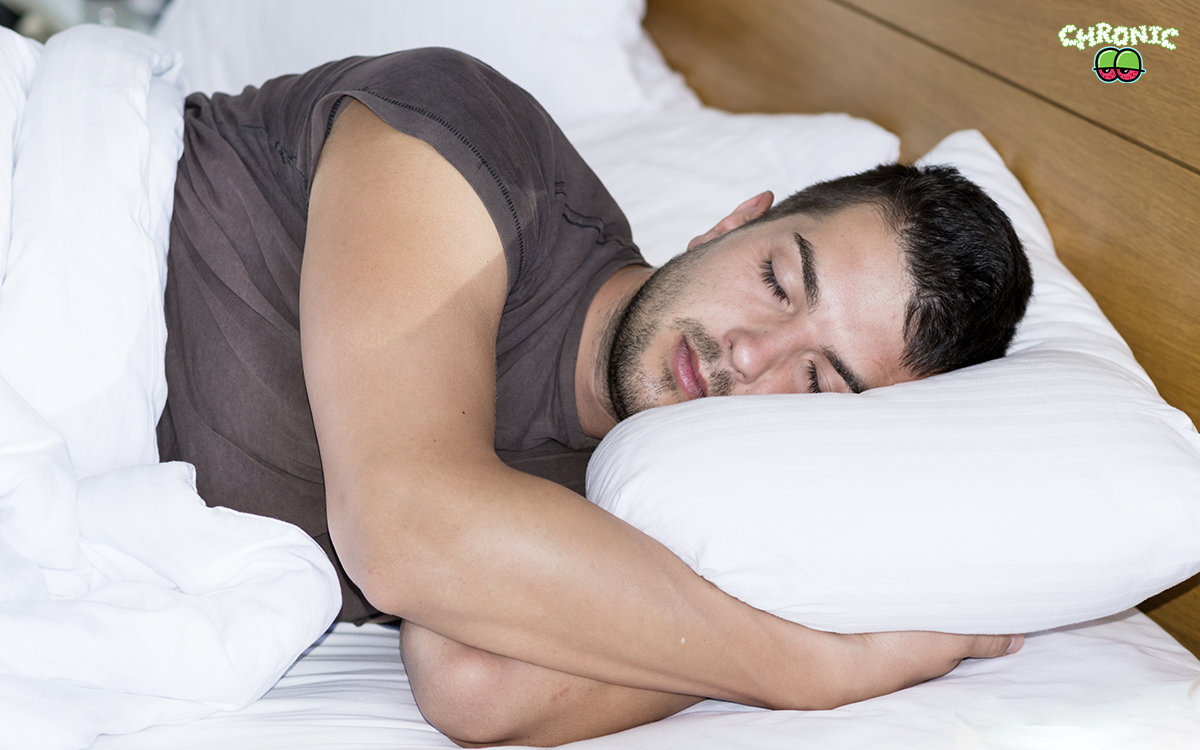

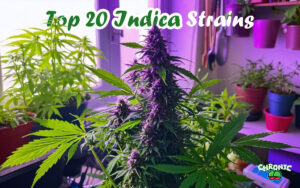
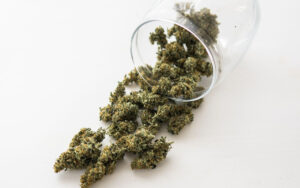
Pingback: CBD for Skin Care: Is it an Effective Solution? - Chronic THCA
Pingback: What is Delta-9? Its Effects & Legality - Chronic THCA